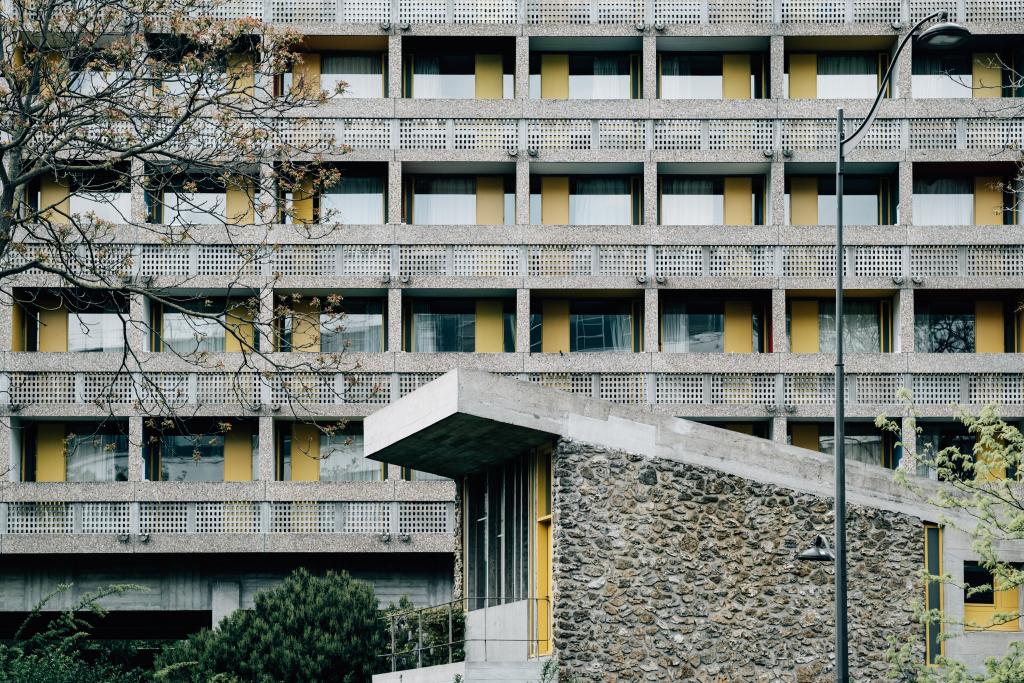Tenants place themselves in serious jeopardy if they sublet their homes without first instructing a lawyer to check that they are entitled to do so. A social housing tenant found that out to his cost after private investigators reported that he was renting out his flat in breach of an absolute bar on subletting in his lease.
The man held a 99-year shared-ownership lease on a housing association flat. Government guidance requires housing associations to prohibit subletting of such properties in order to protect public funds and to ensure that they are not exploited for commercial gain. The man’s lease contained such an embargo.
He appeared to have lived in the flat for a while but, within a year of acquiring the lease, he obtained the association’s permission to sublet the property for a year so that he could take up an opportunity abroad. That consent was given on the specific understanding that he would thereafter resume occupation of the flat.
He did not return to live in the flat, however, and continued to sublet it. He was likely to have made a substantial profit in that he had rented out the property for sums that greatly exceeded the rent he paid to the association. Subtenants were reported to be living in the flat by inquiry agents instructed by the association.
After the association launched proceedings, the First-tier Tribunal found that he had breached the subletting prohibition in his lease. The Upper Tribunal rejected his appeal against that ruling. The latter decision opened the way for the association to launch County Court proceedings, seeking forfeiture of his lease.
It remained open to him to argue before the County Court that the association had waived any right that it might have to forfeit his lease. That argument was based on an allegation that the association had continued to accept his payments of rent in the full knowledge that he was subletting the flat.
